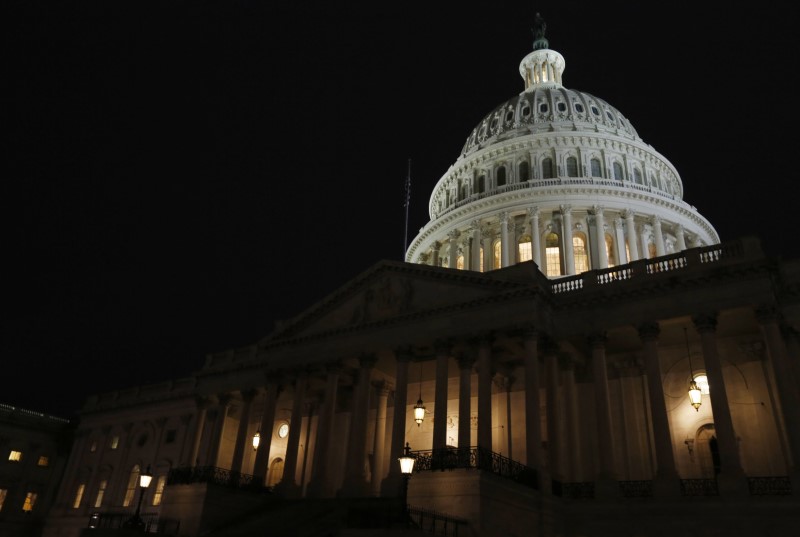By Patricia Zengerle
WASHINGTON (Reuters) - A bill that many lawmakers hoped would send a message to President Donald Trump to keep a strong line against Russia hit a new snag in the U.S. House of Representatives on Friday, as Republicans proposed combining it with sanctions on North Korea.
The Russia sanctions bill passed the Senate on June 15 by 98-2, but it has not come up for a vote in the House.
The chamber's Republican leaders initially said there was a technical problem with how the bill was written, but after the Senate altered the bill to fix it, the measure still did not move.
On Friday, Republicans suggested reworking the legislation to add new sanctions on North Korea. The Russia sanctions measure passed by the Senate is part of a broader bill that also includes new sanctions on Iran.
House Majority Leader Kevin McCarthy said he wanted the North Korea sanctions added to the bill.
"It would be a very strong statement for all of America to get that sanction bill completed and done, and to the president's desk," the Republican lawmaker said in the House as it wrapped up its activity for the week.
Democrats rejected the suggestion as another tactic by Republicans supporting White House objections to the bill.
"This isn't a serious proposal. It's the latest delay tactic," said Representative Eliot Engel, the top Democrat on the House Foreign Affairs Committee.
The House passed a new package of sanctions on North Korea in May by 419-1, and Senate Foreign Relations Committee Chairman Bob Corker, a Republican, said on Thursday his committee would be taking it up soon.
On Friday, Corker said he would be "more than glad" to consider adding North Korea to the legislation if the House chose to do so.
Engel said there was no point in passing North Korea legislation again.
The Trump administration objects to a provision in the Russia bill that sets up a process for Congress to approve any effort by the president to ease sanctions on Moscow.
Seeking a greater influence in foreign policy, Congress has included provisions in a few recent major bills, starting with Corker's 2015 legislation forcing congressional review of President Barack Obama's nuclear deal with Iran.

Lawmakers and aides have been negotiating for weeks to try to craft a compromise that would allow the Russia-Iran bill to move forward. On Thursday, they said they thought it could advance soon but on Friday said the North Korea issue made that less likely. [L1N1K42BV]